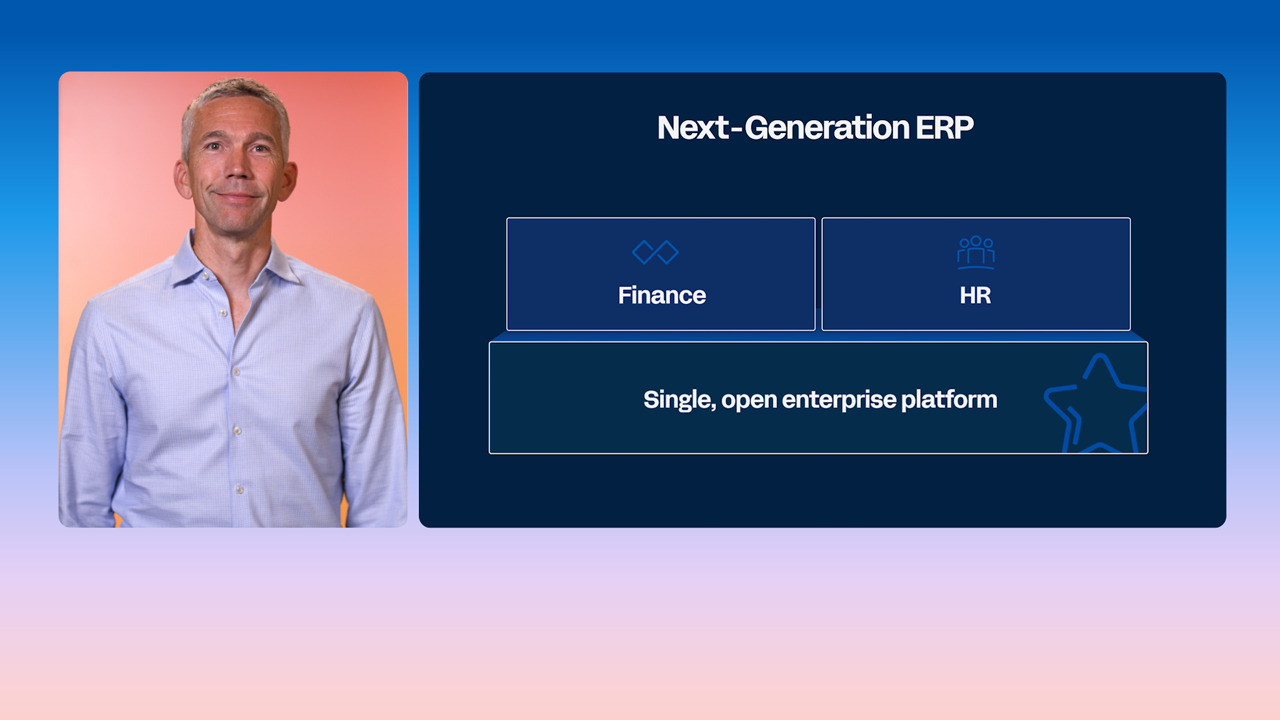A Leader in the 2025 Gartner® Magic Quadrant™ for Cloud ERP for Service-Centric Enterprises.
SOLUTIONS FOR FINANCE
Supercharge work and drive extraordinary value.
Move from tracking value to creating it—how? Provide your teams with real-time insights and recommended actions, powered by our next-gen AI, Workday Illuminate™, so you can move forward with confidence.

OVERCOMING CHALLENGES
Go beyond the data—take action.
Value creation starts with finance—and every day is an opportunity to drive value by providing real-time insights that move your organization forward.

A Leader in 2025 Gartner® Magic Quadrant™ for Cloud ERP for Service-Centric Enterprises

Voice of the Customer for Cloud ERP for Service-Centric Enterprises

A Leader in the Gartner® Magic Quadrant™ for Financial Planning Software
WHY WORKDAY
The AI platform that transforms how you work.
Imagine a workplace where plans, transactions, and processes are hyper-automated. Where teams can focus on strategic initiatives. And where the full potential of your people and money are unlocked. With Workday, that’s exactly what you get.
Streamline processes with AI.
Illuminate detects anomalies, identifies exceptions, and makes recommendations—eliminating manual and redundant processes along the way.
Seamless data. Deeper insights.
Our platform transforms business data into accounting, simplifies accounting creation, and provides complete data lineage back to the source transactions.
Future-proof your business.
Our adaptable architecture is designed to help you work swiftly and securely. So you can easily respond to change now and forever forward.

“We want to be value generators and value creators. That means not just sticking to the old ways. Finance on my team is not a spectator sport.”—Chief Accounting Officer & Corporate Controller
Move finance forever forward.







